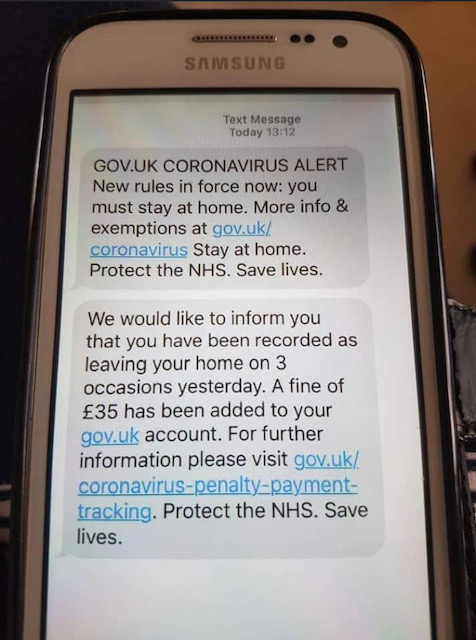Dangers persist and multiply in the cyber world
At a time when we all seek out good news, I take no pleasure in finding sufficient material to warrant writing this particular article. It remains, however, very much a part of my job to warn clients and our wider audience of the current scams and threats. Sadly, at a time when decent people are uniting, there are those who seek to benefit in the most malicious of ways.
Here is a selection of things for which you should be looking out – sadly, the list won’t be exhaustive.
Fake courier scams
These are back in circulation as we rely even more upon couriers to move around kit which might once have been handed over in person. Emails purporting to come from couriers which invite you to click on any link or open an attachment should be scrutinised. Contact the courier by an independent source (i.e. a contact number from a trusted web site, not the email) if possible to verify.
There are also text messages purporting to be from courier companies asking for a call back to verify your availability. The number given will be a premium rate phone number and you may be charged several pounds the moment you make the call.
Government Grants/Fines
We have already seen examples of communications purporting to be from the government offering grants, tax rebates or other assistance. Clicking on links will encourage you to enter personal and/or financial details into fake websites. We have also been made aware of ‘fine notifications’ for unauthorised travelling out of the house. At best you will be paying a fake fine, at worst, handing over financial details.

Fake News – exploiting our fears
Various malicious emails have been noted. One purports to have information regarding a Covid-19 cure which “governments are supressing”. Clicking on the link takes you to a site which, by inviting you to sign in, is designed to harvest login details.
Another has an attachment with “health advice”. The attachment does contain some information but also infects the PC with a key logger.
Beware of emails with health warnings/scares such as the virus “becoming airborne” which include links to more information. On at least one of these, the link takes users to what appears to be a Microsoft login page so the unwitting user may be tricked into handing out his email and password.
Any email inviting donations should be treated with a sceptical eye – if the mail claims to be from, or supporting, health organisations yet asks for donations to an untraceable cryptocurrency account, it is not supporting anything useful.
Home schooling safety
A very alarming warning is the suspicion that sex offenders are posing as tutors offering free tuition during the current home schooling. Many parents have been grateful for any available support in these most challenging times – we must apply the same level of scrutiny (if not more) to our child’s online activities and interaction at this time.
But remember…
There are thousands of people making genuine, generous offers of help and support. As a nation, a continent and, quite possibly, as a planet, we are finally coming together and working collectively towards a greater good in ways that have never previously been seen. Keep in touch with one another, enjoy the interaction which technology allows us to share, and stay alert to the dangers so that you are neither mislead nor exploited by the lowest of the low.
If you have any questions about online security, doubts about an email or text, or an example of a hoax you think we should be sharing, please get in touch.


